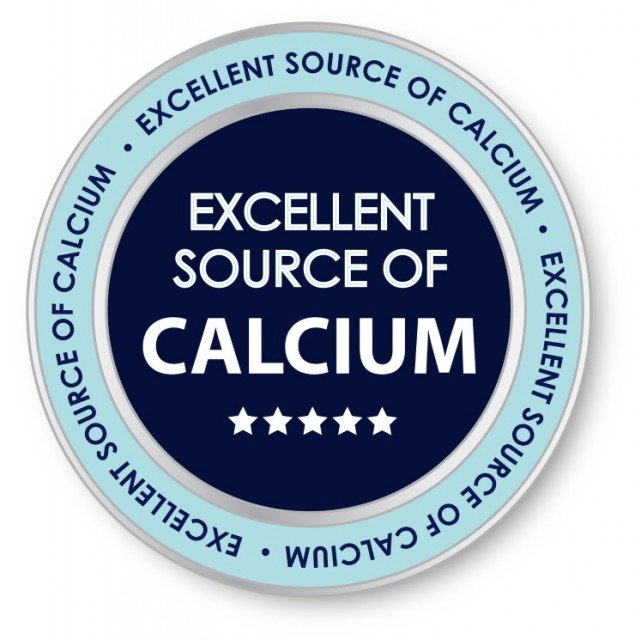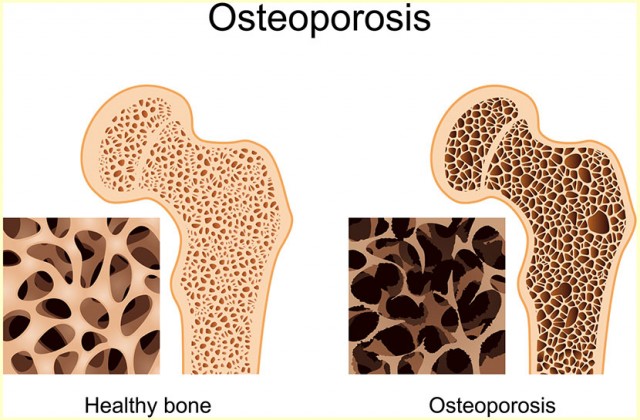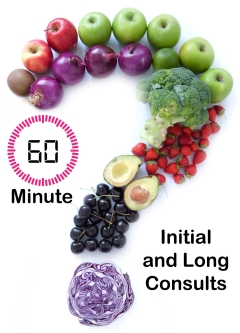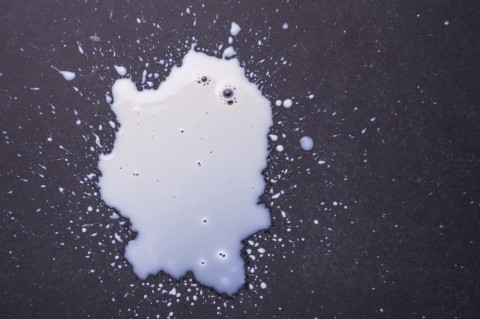DrCarney.com Blog
Enjoy Milk? Shattering News!
For years, the media and health practitioners have told us that milk is the answer to stronger bones, but now we know that idea is false. Milk contains high amounts of calcium. Although calcium is required for building and maintaining strong bones and teeth, drinking milk weakens bones. Because of the calcium in milk, the National Osteoporosis Foundation recommends that individuals should consume between 1,000 and 1,200 milligrams of calcium daily, but this is terrible advice. The US Department of Agriculture advised persons above the age of 8 to include 3 cups of milk or other dairy products in their diet every day; again showing that the USDA cares more about dairy profits than about your health.
A few years ago, some scientists started questioning the wisdom of dairy consumption, when they observed that countries with greater milk consumption rates still have high incidence of osteoporosis and bone fractures. In fact, statistics show that osteoporosis is most common in regions, such as the United States, and Europe, with the most dairy products consumed.
And now, evidence from scientific studies are beginning to puncture holes in the theory that milk is synonymous with strong bones. A team of Scientists investigating the relationship between milk intake and osteoporotic fracture risk found out that individuals who drank larger amounts of milk had higher incidence of osteoporotic fracture, especially at the hip bone, compared to their counterparts who consumed little or no milk. For this study, the researchers tracked the diets and rate of occurrence of osteoporotic fracture in a study population comprising of more than 100,000 men and women between the ages of 39 – 79 years.
The results of this study contradicted the popular belief that regular drinking of milk is vital for the formation and maintenance of strong bones and prevention of osteoporotic fractures. Another study shows that increased intake of fruits and vegetables is associated with increased bone density and lower osteoporotic fracture risk. Therefore, excluding milk and including plant foods rich in calcium, such as kale, broccoli, collard, and mustard greens can help individuals to build strong bones and keep osteoporosis away.
Additional Information:

Is Milk a Healthy Source of Calcium?

How the Calcium Paradox Baffles Bone Beliefs

Milk Increases Bone Fracture and Osteoporosis Risk
One Hour Phone Consult with Dr. Carney

Telephone Food Coaching Sessions with Linda Carney MD
Due to demand for nutritional advice, Dr. Carney's offers Starch-Smart® System "Dietary Care Extraordinaire" Food Coaching telephone sessions. The first sessions is always one hour. Subsequent sessions can be thirty minutes or one hour:
Click Here For 60 Minute Food Coaching Session
Please Note: Food Coaching sessions are not medical appointments and are not intended to replace your own physician. No tests will be ordered and no prescriptions will be provided.
When you subscribe to the blog, we will send you an e-mail when there are new updates on the site so you wouldn't miss them.




